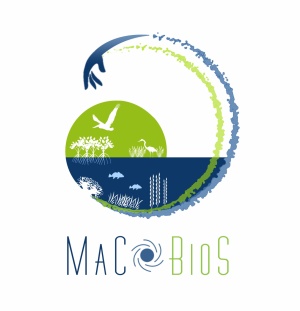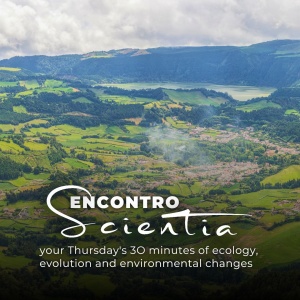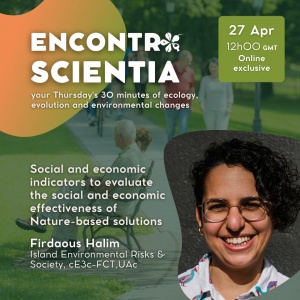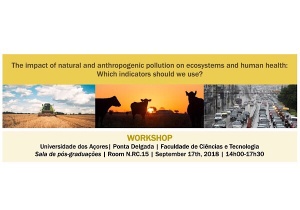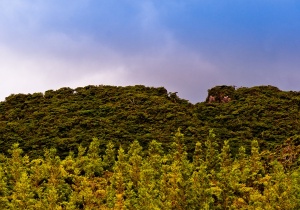The IERS Research Group includes 5 senior researchers (integrated members), three holding academic positions, one with a research contract at LNEC and one holding a post-doctoral grant. The group also includes six Ph.D. students and three research grant holders hired by specific research projects.
The IERS group general aim is to improve and ensure the protection of island ecosystems and human health and wellbeing by carrying out multi-faceted research on assessment, monitoring and management of natural and anthropogenic environmental risks. The group’s research lines are centered on four distinct but complementary areas that all share the ultimate goal of protecting island ecosystems and ensuring the safety of the inhabitants’ health: Environmental and human health; Environmental sensing and modeling; Pest management; Science and risk communication, and environmental education.
Objectives of the Research Group
Island ecosystems are particularly less resilient to the impacts of human activity or any other natural disrupting factor. Our expertise on environmental risk assessment, pest control, people agendas and practices with nature assessment and mediation and, environmental communication and outreach, provides an integrated outlook to support decision-making on island environmental health and sustainable development policies.In this context, the research developed by IERS is mainly focused on:
i) Understanding the impacts of environmental risks (natural and anthropogenic) on human health and other island organisms;
ii) Ensuring the sustainable development of insular agro- and natural ecosystems;
iii) Implementing Integrated Pest Management (IPM) to control and possibly eradicate pests in island systems;
iv) Improving the reliability and accuracy of geographic data on Land Management, Environmental Planning and Climate Change for decision-making and scientific research;
v) Developing strategic approaches for environmental communication and societal awareness to risks;
i) Rising the resilience of ecological and social systems to environmental risks (e.g., pests, invasions, volcanic emissions) and global change.

